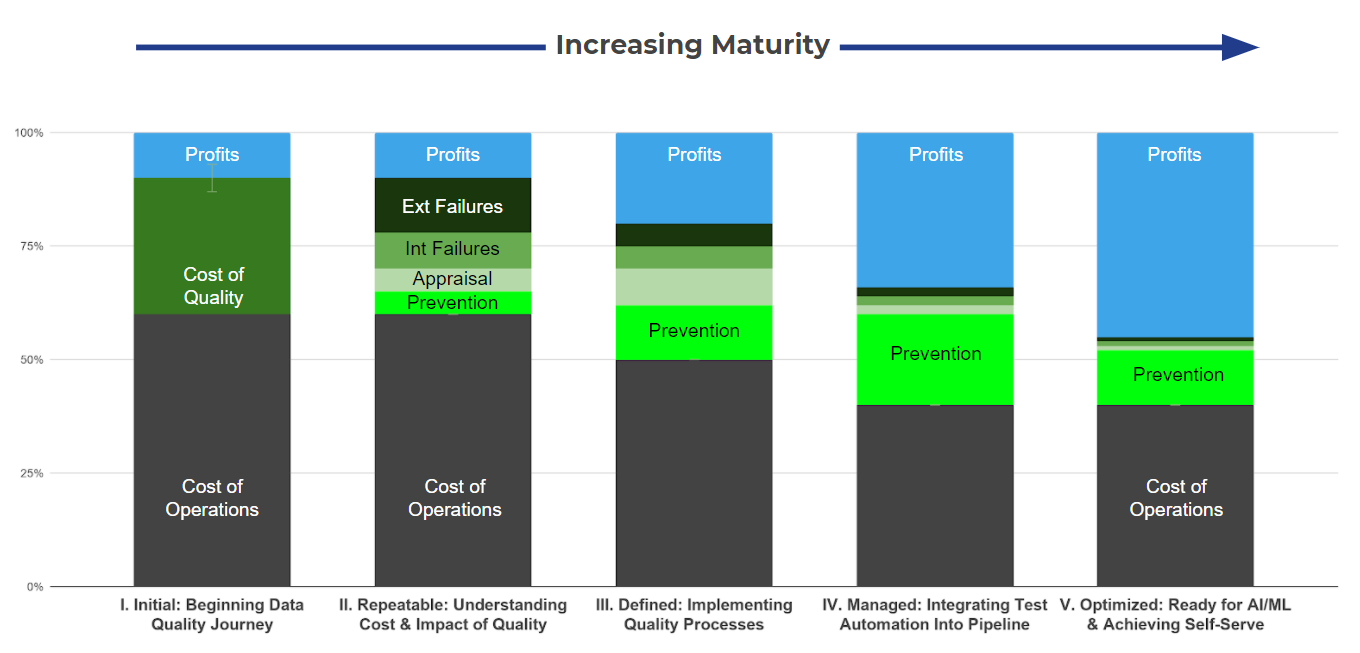What is Data Governance and Why Do You Need It?
If you don’t make time to clean and tidy up your house, it will invariably descend into disorder. The same is true of your organization’s data assets and the processes that produce them. You need to make time for housekeeping - and ensure skilled housekeepers are not only available but have the right tools and equipment - to keep things in order.
Just like dust gathers around your house, “virtual dust” gathers around data and information. Whether that data lives in formally managed data repositories, or in silos full of Word docs and Excel files, it will gather dust unless you have data stewards carrying out standard processes for monitoring and maintaining those assets.
Although the data and information you’re looking for might be stored on a publicly accessible network, finding it can be a challenge. Once you locate it, knowing whether it will meet your needs is yet another challenge. Stewards can also help your organization make sure that good data is easy to find and easy to understand. And since you rely on data to steer the business and help you pivot exactly when you need to, your organization’s investments in stewardship and governance translate directly into productivity improvements.
.png?width=628&name=Ultranauts%20graphic_Mesa%20de%20trabajo%201%20(1).png)
A data governance framework is a quality management system for managing your data assets and the pipelines used to create them. The Data Management Association (DAMA) defines data management as the “development, execution, and supervision of plans, policies, programs, and practices that control, protect, deliver, and enhance the value of data and information assets.” DAMA defines governance as “the exercise of authority, control, and shared decision making (planning, monitoring, and enforcement) over the management of data assets.” This includes the assets themselves, plus the mechanisms that create, update, and decommission those assets (like pipelines).
To start your organization’s governance journey, figure out the most critical data that your organization needs to survive -- items like who your employees are, who your customers are (and how to get in touch with them), which products you offer, or the suppliers who help make them possible. Critical data elements that can be considered master data should be supported by standard processes that determine how they can be created, how and when they should be updated, and whether they should be archived or deleted.
Ultranauts helps companies establish and continually improve data quality through efficient, effective data governance frameworks and other aspects of data quality management systems (DQMS), especially high impact data value audits. If you need to improve the quality of data in an existing fixed asset management (FAM) software system, Ultranauts can also quickly help you identify opportunities for improvement that will drive value, reduce costs, and increase revenue.
Additional Reading:
Khatri, V., & Brown, C. V. (2010). Designing data governance. Communications of the ACM, 53(1), 148-152.
Radziwill, N. M. (2018, October 5). Your Data is Your Most Valuable Asset: Getting Started with Quality 4.0. Intelex Blog. Available from https://blog.intelex.com/2018/10/05/data-valuable-asset-getting-started-quality-4-0/

